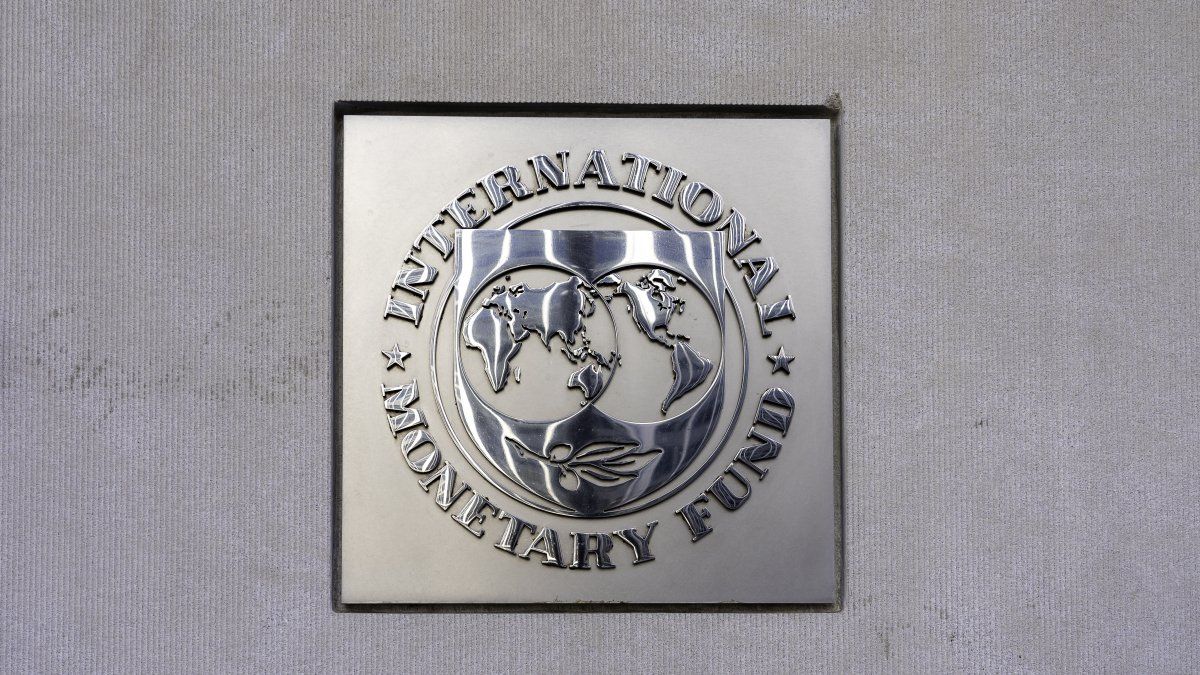He The International Monetary Fund (IMF) recommended that the Argentine government improve “the quality, durability and predictability” of the fiscal anchor, with which the economic team has been lowering inflation and controlling the exchange rate.
“To maintain the stabilization process it will be necessary to strengthen the fiscal anchorby improving its quality, durability and predictability, improving the monetary and exchange framework”, indicated the IMF in the Staff Report of the latest review, released this Monday.
The organization considered that this is necessary “to strengthen the disinflation process and support the accumulation of reserves and take additional measures to remove obstacles to growth to support the recovery.”
The IMF calls for greater social and political involvement
“Ensure key fiscal and structural legislation, will be fundamental to the reform agendaalso demonstrating a broader political and social involvement,” the organization states.
Last week it was announced approval of the last of the program controls agreed by former Minister of Economy Martín Guzmán in 2022 to refinance the standby loan of US$45,000 million taken by former president Mauricio Macri.
This implies that, without a new agreement, Argentina will have to pay from 2025 all maturities agreed by Guzmán. Hence, a new assistance program is being considered, which could include fresh funds.
According to the technicians of the IMF, the Minister of Economy, Luis Caputocarried out until now “a notable fiscal adjustment since the end of December with cuts in real spending (26% year-on-year) that more than compensate for falls in real income (8% year-on-year).
With this came “a global surplus of 0.2% of GDP in the first four months of 2024.”
Income and cuts
The Staff Report indicates that “on the revenue side, the increase in excise taxes on fuel, export revenues and temporary taxes on access to foreign currency for imports (country tax) are helping to partially offset the decline in internal taxes.”
The text indicates that have made spending cuts through measures under Executive control, including:
- discretionary cuts in capital spending and transfers to state-owned companies and provinces, forcing adjustments in all of these entities.
- energy, transportation and water rate increases
- limits on public salary increases
- strict management of decentralized public entities (e.g. rationalization of inefficient trust funds), in line with the recommendations of the Public Investment Management Assessment (PIMA).”
In that sense, FMI technicians point out that ““Strong fiscal and domestic financing efforts have substantially reduced domestic debt and the risk of default.”
They warn about imbalances
The organization warned that ““Large imbalances persist between own resources and spending at all levels of government.”
In that sense, he criticized the scheme for distributing funds with the provinces through co-participation and through discretionary transfers.
“These intergovernmental imbalances tended to weaken overall fiscal discipline and efficiency,” posed the IMF.
IMF technicians point out that “the Government increasingly resorted to distortive taxes that are not shared and discretionary transfers to obtain political patronage and support from governors.”
He also considered that “it is still necessary for the provinces to maintain their fiscal austerity plans and that excessive inequalities in the adjustment between provinces should be avoided.”
Source: Ambito




